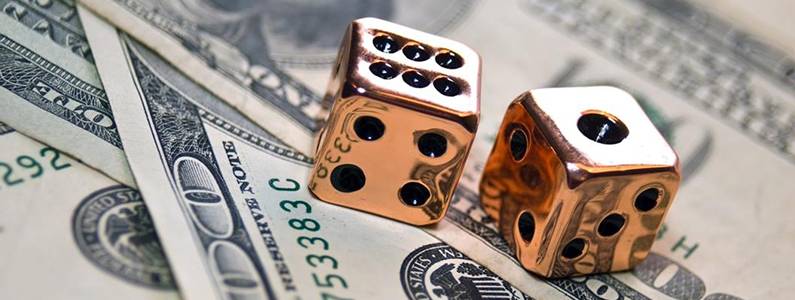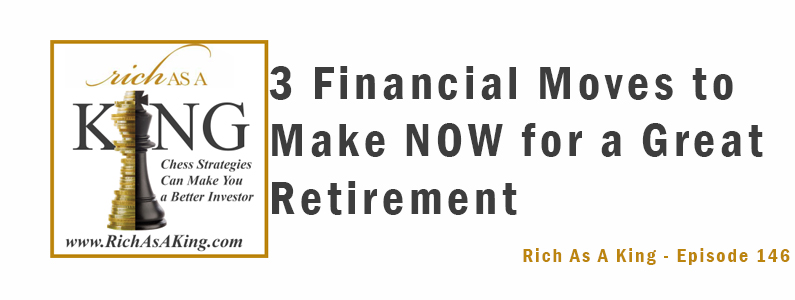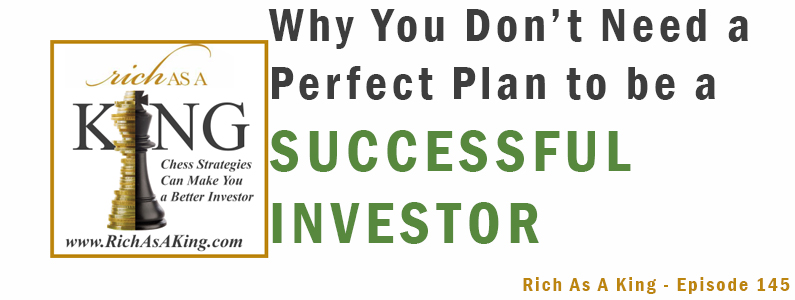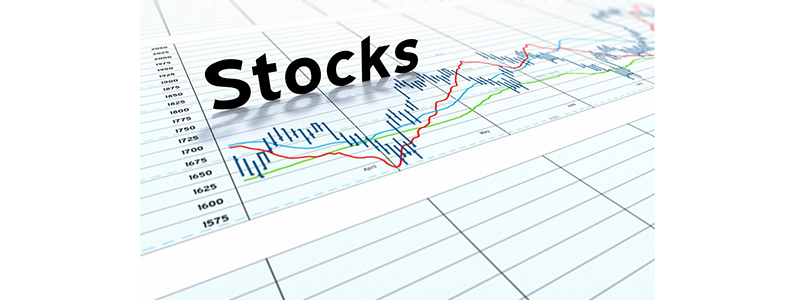
by Doug Goldstein CFP® | Dec 5, 2017 | Decision Making, Financial Plan |
Here’s an important financial tactic that is often overlooked, but can help boost both your bottom line and your performance on the chessboard: Use your head! Don’t run on automatic pilot. Be aware of what you’re doing and put clear thought and consideration into every step you take. Don’t just play with your hands When Georges Renaud and Victor Kahn authored The Art of Checkmate, they wrote: “Chess is played with the mind and not with the hands!” If you want to win a game of chess, don’t just move your pieces around the board. Think your moves through very carefully. Where are your opponent’s pieces in relation to yours? Would moving your bishop over there put your king at risk? The same principle of thinking and not just acting also applies to investing. Before making an investment decision, ask yourself (and your financial advisor) the following: What are the risks involved? How much of a loss can I sustain if things don’t work out? Does this particular decision conform to my financial plan and current goals? Review your financial situation Review your financial plan and see if you are meeting your goals and financial objectives. If not, you may need to make changes to your investments after all. Even if you want to leave your portfolio at its current status quo, this is also an active decision that requires logical thought. “Chess is played with the mind, not the hands” can be a metaphor for thinking and analyzing all your... Click for more

by Doug Goldstein CFP® | Sep 26, 2017 | Asset Allocation, Financial Plan |
One great tool for assessing the probability of risk and future success is the Monte Carlo simulation. This is true in both chess and personal finance. What is a Monte Carlo simulation, and how can it help you plan ahead? No one knows the future A Monte Carlo simulation is a computerized mathematical algorithm that builds models of possible outcomes and probabilities that may occur. It was first invented during World War II by scientists working on the atom bomb and was named after Monte Carlo, the capital of Monaco, which is famous for its casinos. Monte Carlo simulation featured in high level chess programs (like this popular chess software) assesses the risks and probabilities of using various openings and moves. While you can’t predict the future, using the Monte Carlo simulation to play out each possible move in thousands of different iterations can give you an idea of which path has the greatest odds of success. Use Monte Carlo simulations to assess your asset allocation Monte Carlo simulation is also applied to financial planning. While past performance is not a guarantee of future returns, Monte Carlo simulations can determine – based on a very large number of tests – the probability of achieving certain outcomes using real past historical data. With a database of historical asset returns, Monte Carlo simulation programs can look at specific asset allocations (i.e., 30% U.S. stocks, 25% foreign stocks, 40% corporate bonds, 5% cash) and simulate how that asset allocation would perform over a randomized assortment of market conditions. Plug your actual allocation into the system, or test any model you want, and... Click for more

by Douglas Goldstein | Sep 19, 2017 | Chess Strategies, Financial Plan, Podcasts |
What are three financial moves that you can make now to ensure that you will have a comfortable retirement? Consider basing your financial moves on chess strategies. You can adapt chess maneuvers to put your finances in order and prepare for retirement. Download this financial podcast to learn a how to apply chess moves to your finances. Longer lifespans mean longer retirements. Therefore, in order not to run out of money, it’s critical to prepare properly. For more about preparing for retirement in the “age of longevity,” listen to my interview with Professor Andrew Scott, author of The 100-Year Life: Living and Working in an Age of... Click for more

by Douglas Goldstein | Sep 5, 2017 | Decision Making, Financial Plan, Podcasts |
Do you need a perfect plan to be a successful investor? You might be surprised to hear the answer is NO! It’s possible to be a successful investor, even without the perfect plan. As a matter of fact, there is no such thing as a “perfect plan” since investors need to be flexible enough to react to market changes. Action is the key to becoming a successful investor. Compare it to a successful chess player who doesn’t spend the whole game dreaming about the best moves. He acts while the clock is ticking. Act now, and listen to this podcast about how to be a successful... Click for more

by Doug Goldstein CFP® | Jul 4, 2017 | Financial Plan |
Understanding your risk level is one of the most important parts of financial planning. Here’s why: Imagine you’re playing chess and you’re about to move your queen to a particular square. Making this specific move may put pressure on your opponent’s king, but when you look at the entire board (the big picture view), you see that you might also lose your queen in the process. Is your possible gain worth the risk of losing your most important piece? You need to evaluate the risk-reward ratio of your move… both in chess and in investing. Risk of loss vs. possible gain Generally in the finance world, the riskier the product, the greater its potential for gain – and loss. Every investor needs to balance the odds of losing money against the possibility of a profitable outcome. Ask yourself: What would I do if one of my investments dropped 20% in value? Would I be able to continue meeting my financial goals? Would I sell and lock in the losses or do I have the time before I actually need to use the money, such as when I retire, to hold the position (or another) and try to recoup the losses? It helps to avoid euphemisms. “Risk” is simply a more acceptable way of saying, “you might lose money.” Among financial analysts, common synonyms for the word “lose money” are “market correction” or “adjustment.” These expressions can make losing money sound more palatable. However, when you want to understand your own risk level, don’t ask yourself if you could survive a 20% drop in your account. Try using more specific... Click for more

by Doug Goldstein CFP® | Jun 20, 2017 | Chess Strategies, Financial Plan |
Market crashes are inevitable. Just as they happened in the past, they are also likely to occur again in the future. So what should you do to protect yourself from a volatile market? Chess strategy can help you deal with volatile markets The following anecdote, from the world of chess, provides an insight on how to deal with a bad situation (like a market crash) when it occurs: In November 1986, the World Chess Federation (FIDE) decided to intervene in the chess rating system. In an unprecedented event, they granted all woman chess players 100 extra bonus points – except for Susan Polgar. They claimed that since she competed mainly against men, she did not need the extra points. Besides the unfairness and humiliation that it caused, FIDE’s decision hurt Susan’s ranking and she was displaced from the top of the list of world-class chess players. But instead of giving up, Susan continued to work hard to regain her top position. She earned her Grandmaster title and became the world champion. Susan’s sudden and unexpected loss of her rating could be compared to a stock market crash, which can also be unpredictable and sudden. If your stock portfolio takes a dive, it is important to hold onto your stocks if the fundamentals are still sound. The moral of both Susan’s story and how to react to a downward trend in the market is the same: bad things will happen, but if you give into despair it will be difficult to get back on course again. Is there anything you can do before the market crashes? While moving on and... Click for more










